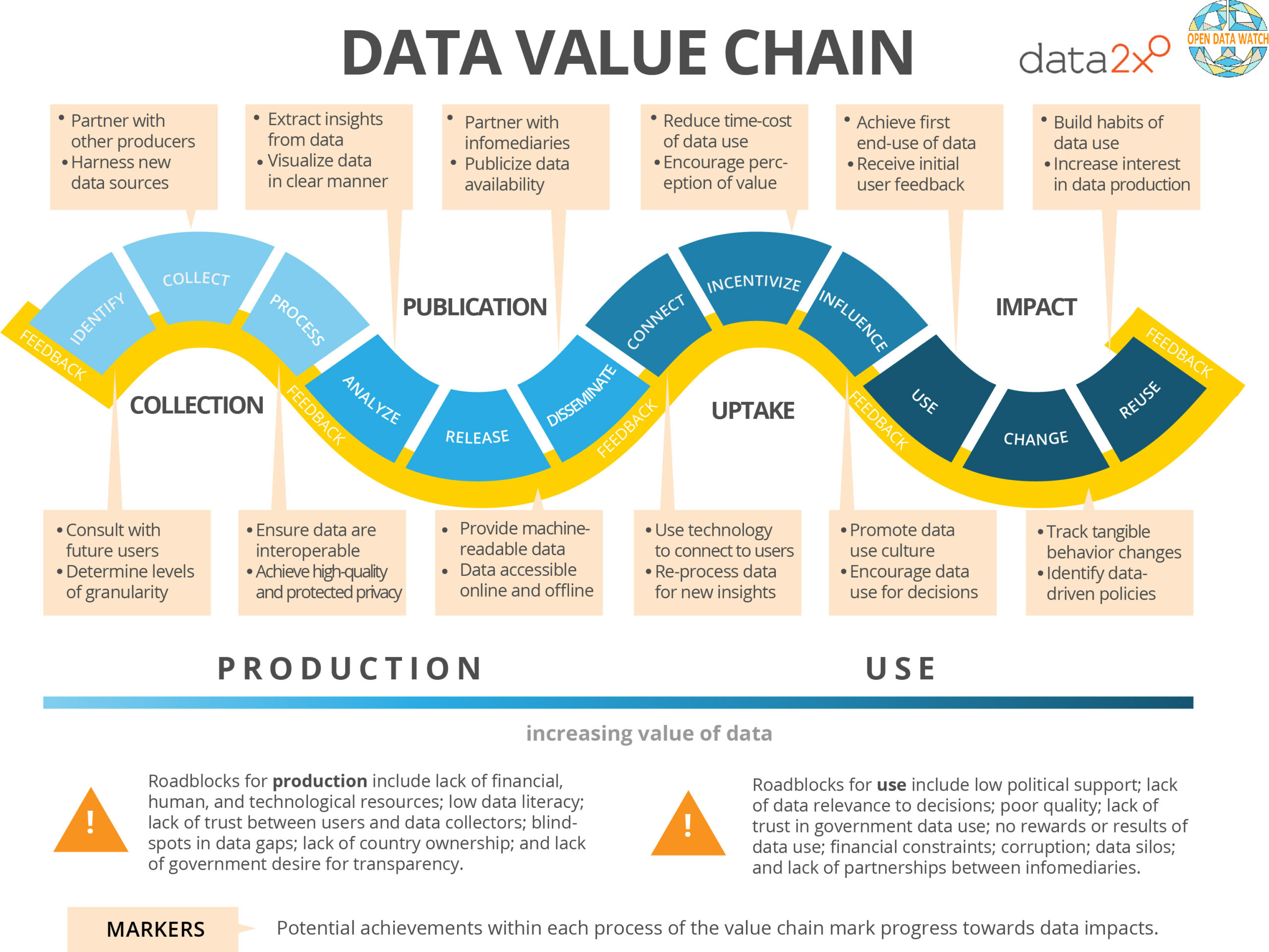
Have you ever wondered how to determine the value of an RV? Whether you’re in the market to buy or sell, understanding the true worth of a recreational vehicle is essential. It’s not just about the make and model; factors like age, condition, and market demand play a crucial role in assessing an RV’s value. So, let’s explore the key elements involved in finding the RV value and make informed decisions.
When it comes to determining RV value, it’s important to consider both the historical context and current market conditions. Understanding the RV industry’s evolution and trends can provide valuable insights. Additionally, statistical data on average prices and depreciation rates can help calculate a fair value. Keep in mind that the value of an RV can fluctuate based on factors such as location and seasonal trends. By leveraging historical data and staying updated with the current market, you can confidently navigate the world of RV valuation.
To find the value of an RV, start by researching its make, model, and year to determine its market value. Look up similar RVs for sale and compare prices to get an idea of its worth. Consider factors such as mileage, condition, and any added features that might affect the value. You can also use online valuation tools or consult with RV dealers and appraisers for a more accurate estimation. Remember, the value of an RV can vary, so it’s important to consider multiple sources and factors when determining its value.

Whether you’re considering buying or selling an RV, understanding its value is essential to make informed decisions. The RV value determines its worth in the market, accounting for factors such as age, condition, and market demand. In this article, we will explore various aspects of determining the RV value and provide you with a comprehensive guide to finding it.
The first step in finding the RV value is to research the current market trends and prices. By understanding the market, you can gauge the demand and supply of RVs and how that affects their value. Online platforms, RV dealerships, and classified advertisements are valuable resources for gathering information on RV prices.
Take note of the prices of similar RV models and compare the features, condition, and age. This research will give you a general idea of what the RV is worth in the current market and help you make informed decisions during the buying or selling process.
Additionally, consider factors that may affect RV prices in specific regions, such as popularity, climate, local regulations, and availability of RV parks or camping sites. All these factors contribute to the demand and value of RVs in different locations, making local research crucial for accurate valuation.
Thanks to modern technology, you can find RV valuation tools online that provide an estimate of an RV’s value based on its make, model, year, and other relevant information. These tools utilize algorithms and databases to analyze market trends and provide a rough estimate of an RV’s value.
While online valuation tools are a helpful starting point, it’s essential to remember that they are not always 100% accurate. The actual RV value may vary due to other factors not considered by these tools, like the condition and specific features of the RV. However, they can give you a ballpark figure and serve as a reference point during your valuation process.
Some popular online RV valuation tools include NADA Guides, RV Trader, and Kelley Blue Book. Use these tools as a guide, but always consider other factors and resources to ensure a comprehensive understanding of the RV’s value.
The condition of an RV plays a significant role in determining its value. A well-maintained RV with minimal wear and tear will typically have a higher value compared to one in poor condition. When assessing the condition of an RV, consider the following aspects:
Be thorough in your assessment and document any issues or repairs needed. The better the condition of the RV, the higher its value will be.
If the RV has any upgrades or add-ons, such as solar panels, upgraded appliances, or additional storage compartments, it can significantly impact its value. Take note of any modifications or additions and research how they contribute to the overall value of similar RVs in the market.
Consider the quality and relevance of the upgrades. High-quality and sought-after features will increase the value, while outdated or poorly executed modifications may not have the same effect.
Keep in mind that personal preferences for upgrades may not always align with the market demand, so it’s crucial to consider the broader market trends when assessing their value.
Owning an RV comes with regular service and maintenance requirements. Keeping a detailed record of these activities can give potential buyers and appraisers confidence in the RV’s condition and care.
Maintain records of routine maintenance, repairs, and any major service performed, including dates and service provider information. A well-documented service and maintenance history demonstrate responsible ownership and can positively impact the RV’s value.
If you want a more accurate and detailed valuation of an RV, hiring a professional appraiser can be beneficial. Appraisers specialize in valuing RVs and have experience in assessing various factors that determine its worth.
A professional appraisal takes into account factors such as market trends, RV condition, upgrades, maintenance history, and other relevant variables. They provide a comprehensive report with a detailed valuation, which can be useful during negotiations or for insurance purposes.
When hiring an appraiser, ensure they have the necessary qualifications, experience, and credibility in the RV industry. Ask for references and reviews to verify their expertise and professionalism.
In addition to the above steps, there are a few more factors to consider when determining the value of an RV:
RVs, like other vehicles, depreciate over time. The age of the RV is a significant factor in determining its value. Newer RVs generally have a higher value compared to older models, assuming they are in similar condition.
Consider the rate of depreciation for RVs based on their make, model, and overall market trends. This information can help you estimate the value of an RV as it ages.
The supply and demand for RVs in the market can significantly impact their value. If there is a high demand for a particular RV model or type, its value may be higher than average. On the other hand, if there is an oversupply or low demand, the value may be lower.
Research the current market conditions and trends to get a sense of the supply and demand dynamics. This understanding will help you determine whether an RV’s value aligns with the market conditions.
RV values can also fluctuate based on the time of year. Prices may be higher during peak camping seasons when demand is high. Conversely, prices may be lower during off-peak seasons when demand is lower.
Consider the timing when buying or selling an RV, especially if you are looking to get the best value. Take advantage of the seasonal fluctuations to negotiate or make a purchase when prices are most favorable.
Finding the value of an RV requires thorough research, consideration of various factors, and utilizing online tools and professional appraisers. By combining these approaches, you can gain a comprehensive understanding of an RV’s value in the market.
In order to determine the value of a recreational vehicle (RV), there are a few key factors to consider. First, assess the condition of the RV. This includes examining the interior, exterior, and mechanical components. Document any damages or wear and tear.
Next, research the market value of similar RVs. This can be done by looking at online listings, contacting RV dealerships, or consulting RV appraisal services. Compare the features and condition of your RV to those in the market to determine a fair value.
Consider other factors such as the age of the RV, its popularity, and the demand for similar models. A newer RV in high demand will typically have a higher value compared to an older model with limited demand.
Additionally, take into account any updates or upgrades you have made to the RV. These can increase its value.
Lastly, consult resources such as the National Automobile Dealers Association (NADA) or RV market guides to obtain an accurate valuation of the RV based on its make, model, year, and condition.

To find the RV value of a vehicle, you can follow a few key steps. First, determine the make, model, and year of the vehicle. Next, research the current market value using online resources or consulting with a professional appraiser. Consider factors such as the condition, mileage, and any additional features or modifications that may affect the value. Finally, compare the researched value with similar vehicles on the market to get an estimate of the RV value. Remember to take into account any specific factors that may affect the value, such as regional demand or market trends.
Finding the RV value of a vehicle is important for various reasons, whether you are buying or selling. Determining the value helps you make informed decisions and negotiate fair prices. Whether you are looking to purchase an RV or sell your current one, understanding its RV value will provide a starting point for negotiations and ensure you get the best deal possible. By following the steps mentioned earlier and considering all relevant factors, you can confidently find the RV value of a vehicle and make informed decisions in the market.